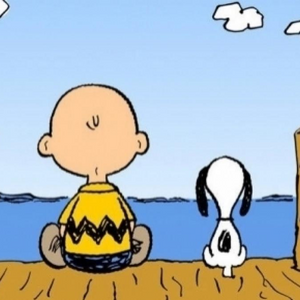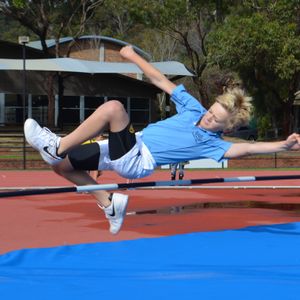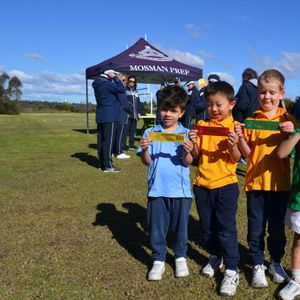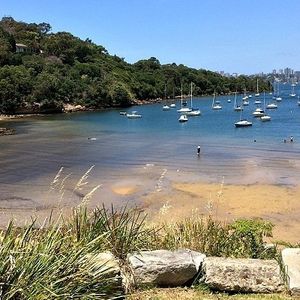Forging Leadership Skills
In Year 11 at the King’s School, I was charged with leading 24 younger boys for 8 days in the bush. It was during the annual Cadet Camp at Singleton Army Base and included a 3 day self-sufficient trek. As a Cadet Under Officer, I was responsible for my platoon’s safety, punctuality, reliability, morale, and ultimately a positive and satisfying experience. In many ways, I believe my leadership skills were forged through this challenge.
One of our Prep Strategic Initiatives is to ‘Develop our student leadership programs’. This fits into our Wellbeing Model’s Health Dimensions, involving ‘contributing to the community and finding joy in living a life beyond ourselves’.
Learning a range of leadership skills and techniques from a young age can provide students with an excellent head start in life. This includes allowing them to gain a better understanding of themselves, a higher level of confidence, and an increased capacity to manage and organise their own lives. They are also likely to develop processes and skills useful in their learning and develop a more profound sense of maturity. Student leaders often go on to become independent thinkers who understand how to work as part of a team and have positive effects on organisations and communities. https://blog.oeg.edu.au/
This week we launched our inaugural ‘Lunchtime Clubs Program’, led by our Year 6 boys and supported by Miss Serena Hannon (Student Leadership). In Term 2, younger boys can engage in club opportunities including: ‘Paper Plane Construction’, ‘Drama’, ‘AFL’, ‘Games’, ‘Art’, and ‘Drumming’.
The Clubs program provides a wonderful opportunity for Year 6 boys to engage in authentic real-time leadership. Each club will be organised, advertised and run by the student leaders, as they take responsibility for organising all resources, setting up, packing up and supporting relationships.
Through this leadership opportunity, our Year 6 boys will develop a range of interrelated student leadership skills such as: project planning, problem-solving, team building, decision making, time management, resourcing, effective communication, people management, and reflection.
There's something incredibly powerful in peer influence. Peers can quickly become role models and have the capacity to influence student values, attitudes, and behaviours, often to a greater degree than adults.
With support and encouragement, every young person has the potential to become a leader in some area of their life. The qualities, values and skills invested in them during their formative years can determine their life's success and the future success of our society. Student leadership development provides them with vital skills they can carry over to adulthood.
Peter Grimes | Headmaster
Reference:
The Importance Leadership Qualities in Students (April, 2021)

























